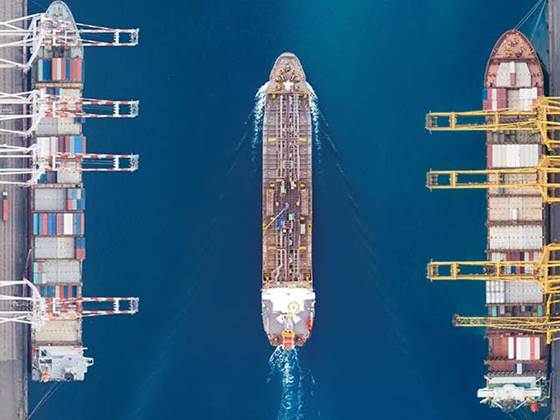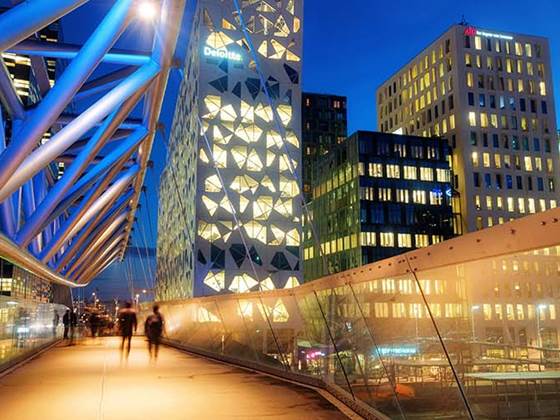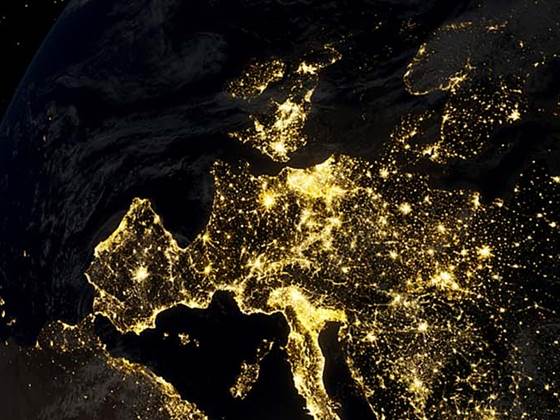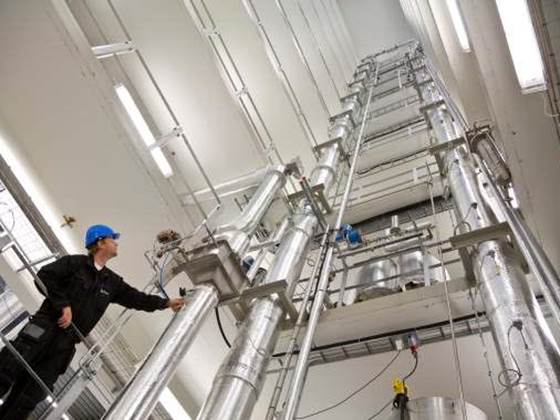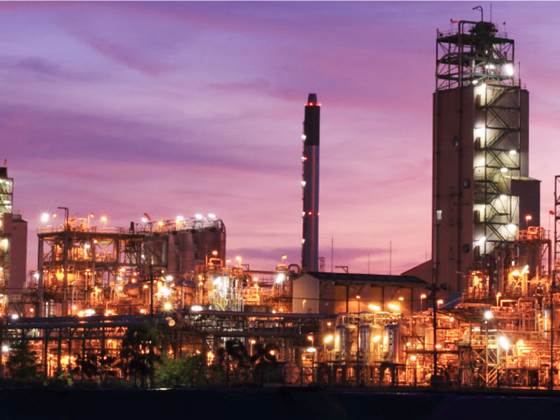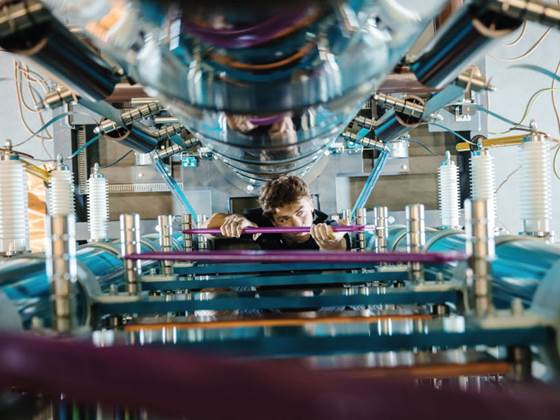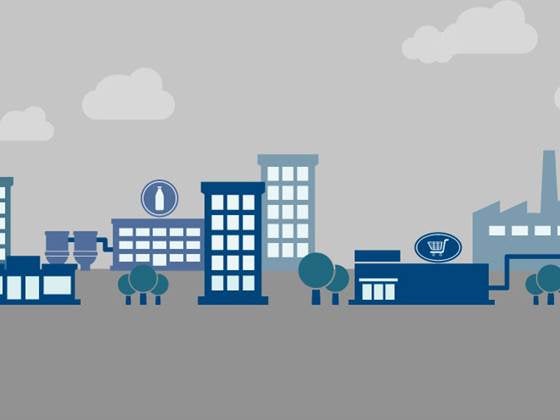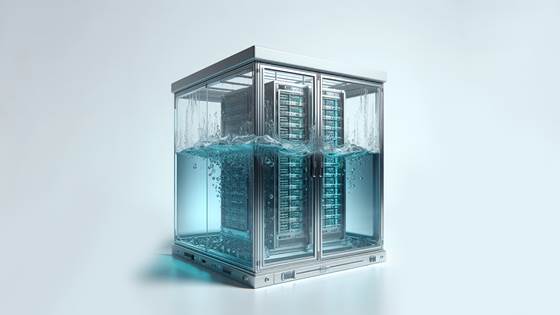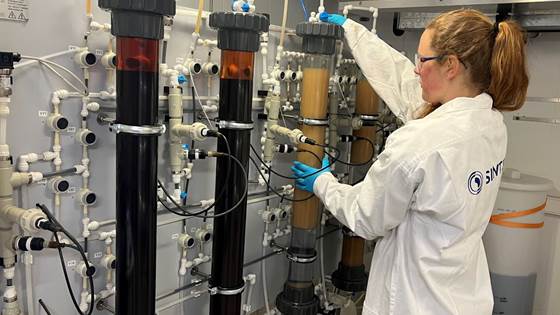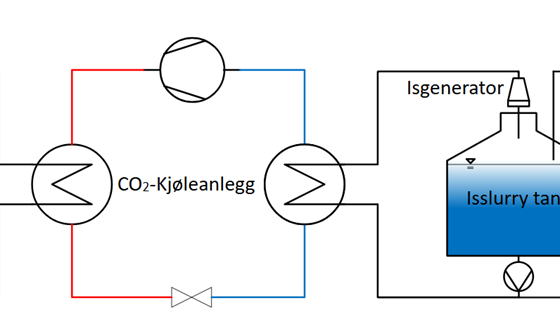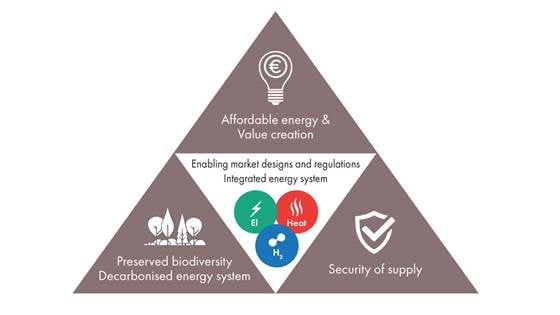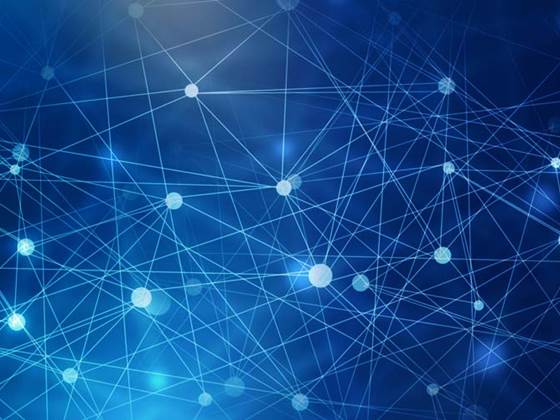Decarbonisation will be the most significant driving force on the road to such a society, but digitalisation and decentralisation will also be important. Together, these three factors will present both opportunities and challenges in the important work ahead of us within energy systems.
There is a lot of potential in the integration of new energy carriers and a closer interaction between all energy carriers in an integrated energy system. Not only can this type of system ensure an efficient, flexible and sustainable energy supply, but better integration can also result in improved reliability, greater value creation and reduced costs.
Making use of the interaction between energy carriers such as electricity, heat, biofuel, natural gas and hydrogen, is an important factor. This requires progress in several areas, including technologies that are specific to each energy carrier, technologies for integration and conversion, market structures, regulations and system planning.
The current energy debate revolves largely around electrification, and there is insufficient knowledge about the possibilities associated with the increased integration of various energy sectors. Therefore, we must improve our awareness of these possibilities, and ensure that we develop and use technology for converting energy carriers and managing energy storage in various forms.
SINTEF has leading research communities within this field, and is working to increase our knowledge of integrated energy systems in a number of areas. We help our customers to develop solutions that contribute to laying the foundation for the future energy system.




